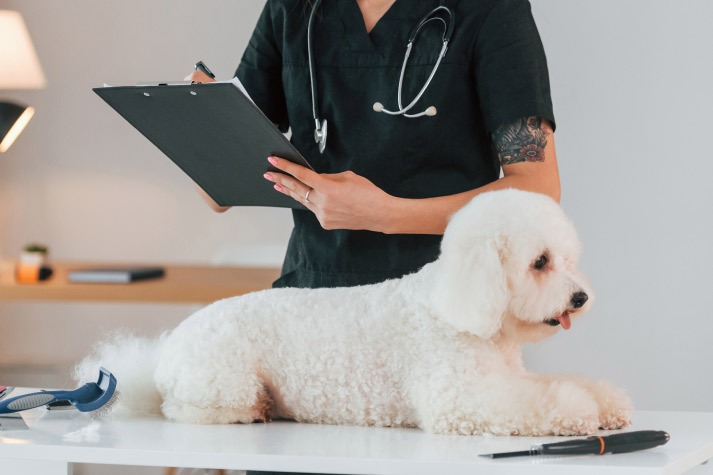
15 May
Pet Health Checklist for 2025
Just like people, pets need attention and care to live a healthy and happy life. Whether you are a veteran pet owner or a first-time pet parent, understanding your pet’s needs and keeping up with essential health checks is crucial. This checklist will help you cover all the important aspects of your pet’s health and hygiene, ensuring they thrive in 2025.
Here’s A Pet Hygiene Checklist
Dental Health
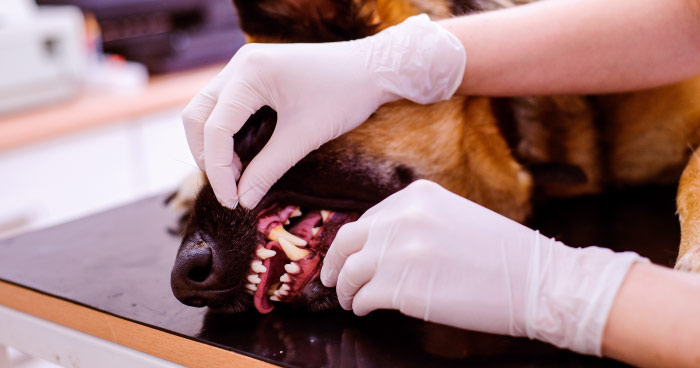
Your pet’s dental health plays a major role in their overall well-being. Dental issues can often indicate underlying health conditions and may become serious if left untreated. Since pets are good at hiding pain, it’s important to regularly check for swollen or bleeding gums, cracked teeth, and bad breath, which can signal infection.
While pets don’t require daily brushing like humans, brushing a few times a week can help prevent discomfort and disease in the long run. Dental chews, toys, and vet-approved treats can also support good oral hygiene between brushing sessions and cleanings.
Additionally, professional dental cleaning from a vet can remove plaque and tartar buildup, preventing long-term damage. If you notice the telltale signs of dental trouble like bad breath, consult your vet for guidance as soon as you can.
Maintaining a Balanced Diet
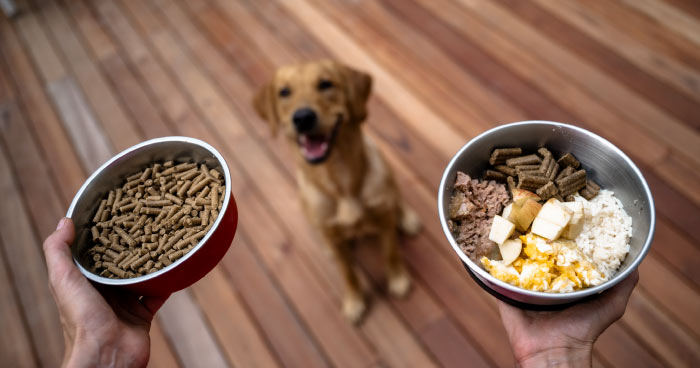
Obesity is among the most common health concerns for pets today. Unhealthy eating habits, excessive treats, and lack of exercise contribute to unnatural weight gain. Such weight can cause complications, which can lead to heart disease, diabetes, and joint issues.
To keep your pet at a healthy weight:
- Avoid feeding them table scraps, as not all human food is safe for pets.
- Limit store-bought treats, which are often high in sugar and unhealthy fats.
- Choose high-quality pet food with balanced nutrients suited for your pet’s breed, age, and activity level.
- Always provide fresh water to prevent dehydration.
Any dietary changes should always be made under a vet’s supervision to ensure your pet gets the proper nutrition without unnecessary weight gain. Be mindful of food allergies and intolerances, which can cause digestive problems and skin irritation.
Regular Vet Visits
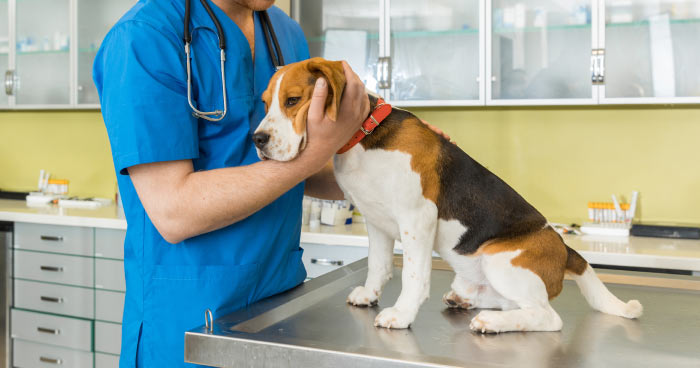
Routine vet visits are essential to monitor your pet’s health. Unlike humans, pets can’t communicate when they’re feeling unwell, making regular check-ups even more important. Since pets are somewhat skilled at hiding their pain and feigning comfort, these visits become all the more important for their well-being.
During these visits, your vet will:
- Check your pet’s coat, organs, and weight.
- Ensure vaccinations are up to date.
- Detect potential health issues early.
- Conduct screenings for parasites, infections, and chronic conditions.
Preventive care is crucial. Yearly blood work and physical exams can help catch illnesses before they become serious. Spaying and neutering also contribute to long-term health benefits, reducing the risk of certain cancers and behavioral issues. A pet-friendly vet will make sure the experience is remembers as a positive one by your pet.
Regular Exercise & Mental Stimulation

Exercise and movement are among the most important things for a pet. A sedentary lifestyle can lead to stiffness, obesity, and other health problems in pets. Regular physical activity not only keeps them fit but also enhances their mood, strengthens muscles, and improves brain function.
Exercise can be more than just a workout; playtime with your pet also strengthens your bond and helps both of you spend some quality time. While the type and amount of exercise vary by breed, age, and size, every pet benefits from staying active and spending quality time with their owner.
Some great ways to keep your pet active include:
- Daily walks, runs, or hikes (adjusted to your pet’s energy levels)
- Fetch, tug-of-war, or interactive toys
- Agility training or obstacle courses
- Swimming for dogs that enjoy water activities
Mental stimulation is just as important as physical activity. Puzzle toys, treat-dispensing gadgets, and obedience training keep pets engaged and prevent boredom-related behaviors like chewing or excessive barking.
Clean Environment
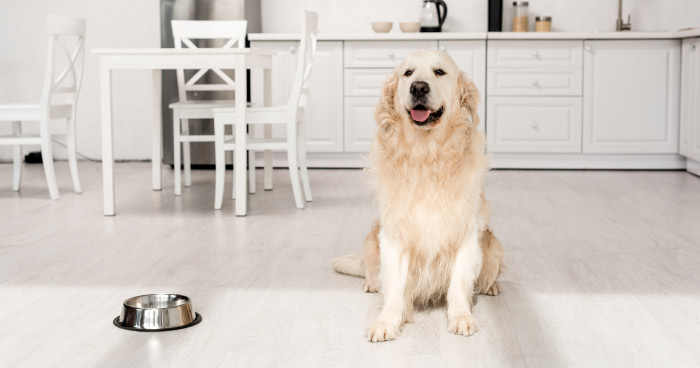
A clean home contributes to both your pet’s health and yours. Items your pet uses daily—such as bedding, toys, food and water bowls, and blankets—can collect dirt and bacteria if not cleaned regularly.
To maintain hygiene:
- Wash and sanitize pet belongings frequently.
- Wipe down your pet’s paws and coat after outdoor activities to keep dirt and germs from spreading indoors.
- Keep your living space clean to create a healthier environment for your pet.
- Bathe your pet as needed, using pet-friendly shampoos to prevent skin irritation.
Regular grooming is also essential. Brushing your pet’s coat helps remove loose fur, reduces shedding, and prevents matting. For long-haired breeds, professional grooming may be necessary to maintain their coat’s health.
Final Thoughts
Maintaining your pet’s health doesn’t have to be complicated. A nutritious diet, regular exercise, mental stimulation, and proper hygiene will help ensure a long, happy life for your furry friend. Investing time in your pet’s well-being strengthens your bond and prevents future health complications. Don’t forget to schedule regular vet visits and, most importantly, cherish every moment with your pet. A happy, healthy pet means a happy, healthy home.






AUTHOR’S BIO
Carry My Pet
Passionate pet enthusiasts and globetrotters, dedicated to easing furry friends' journeys worldwide. Penning tales of compassion at CarryMyPet, where every relocation is a tail-wagging adventure.